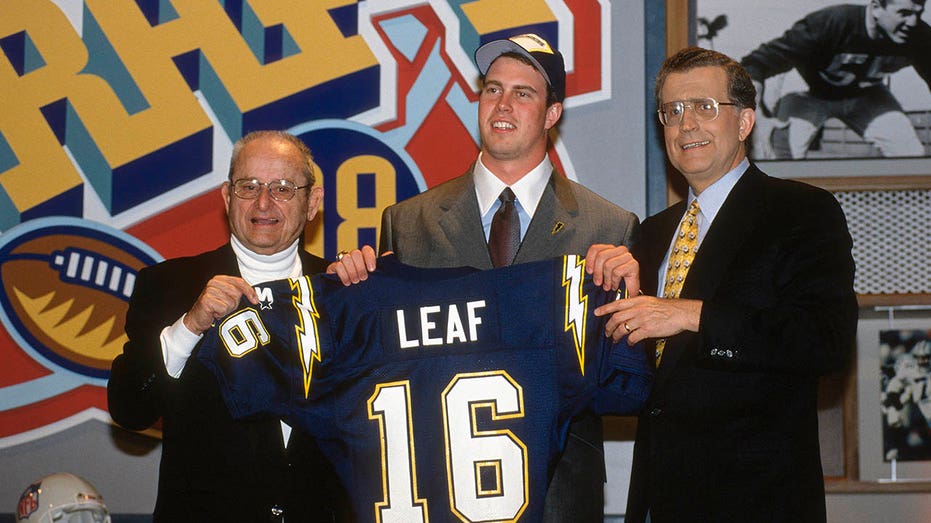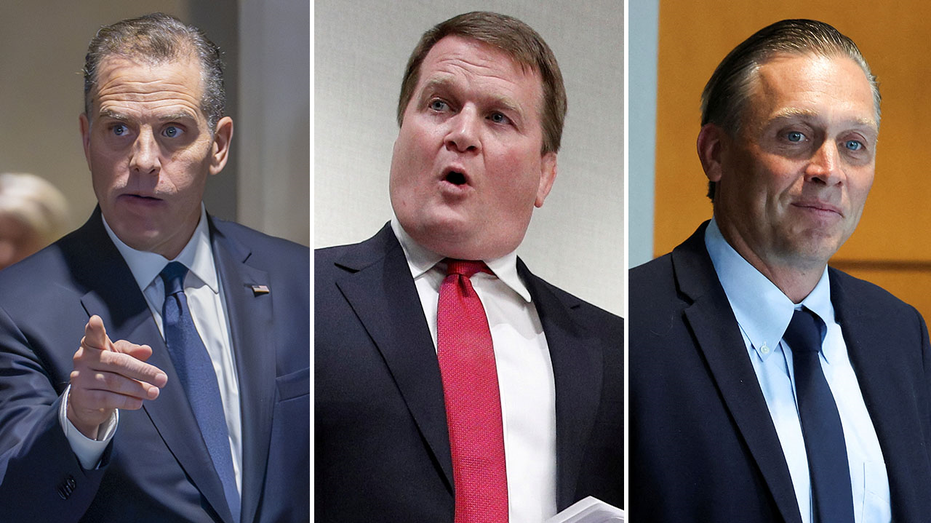A New Age of Industrial Patriotism
Could a truck commercial herald an American renaissance? The post A New Age of Industrial Patriotism appeared first on The American Conservative.

A New Age of Industrial Patriotism
Could a truck commercial herald an American renaissance?

Chevy has released a heart-melting new commercial that online conservatives are touting as “the first non-woke ad of the Christmas season.” Yet the commercial is really an elegy for the era of American manufacturing might and industrial patriotism, even as it suggests that a revival could be on the horizon.
Titled “A Holiday to Remember,” it portrays a middle-American family gathering for Christmas. With children running around and the grownups preparing the Christmas meal, it’s a boisterous scene. That is, except for Grandma, who’s sitting dead-quiet on a couch, staring off into the distance, lost in an Alzheimer’s haze. When the kids run up to her, no response. “Good days and bad,” is how Grandpa describes her condition, but his tone suggests that things are only getting worse.
Then, one of the older grandchildren—her short hair and clothing style suggest she’s the “college-educated one”—has a flash of inspiration: She invites Grandma to join her on a drive on the family’s lovingly maintained 1972 Suburban. They visit downtown; Grandma’s high school where she first met her future husband; the drive-in cinema where she took the granddaughter to her first horror movie, heedless of Mom’s objections. Soon, Grandma begins to mouth sensible things. By the time they return home, she appears to have gathered a measure of recollection, kissing Grandpa and wishing her family a merry Christmas as they sit down to dinner (such is the magic of what therapists call “reminiscence therapy” for people suffering from dementia and similar disorders).
Advertisers are ever-sensitive to the slightest cultural tremors, so the right-of-center commentators aren’t wrong to detect a “non-woke” (or perhaps post-woke) message from General Motors. For one thing, the commercial features a white, middle-class family, rather than one of those United Colors of Benetton cast of perfectly diverse, HR-department approved characters from the urban creative class. For another, the ad doesn’t preach about America’s racial and gendered sins. Instead, it portrays the kinds of families that have been battered by corporate-led globalization and what Rusty Reno calls the “deconsolidation” of the past two generations: the simultaneous loss of both material stability and stable cultural coordinates.
But the woke/non-woke frame misses other crucial dimensions of “A Holiday to Remember,” and what it says about our moment. Note that the ad doesn’t push GM’s latest models. It celebrates, instead, a truck manufactured when Richard Nixon was still in the Oval Office. 1972 was a pivot point in the development of America’s political economy, and not in a good way.
As the late economic historian Judith Stein argued, that was about the time that the United States “traded factories for finance.” Right around 1972, a high-wage, high-union-density, manufacturing-oriented New Deal order began to give way to a low-wage, services-and-finance-led economy. It was when the neoliberals—pushing deregulation and cultural “progress” in every direction—migrated from the academic fringe to forming the bipartisan consensus that would span the presidencies of Jimmy Carter to Barack Obama.
The trade shocks that led to that moment had come earlier—and would hit the auto industry especially hard. To summarize briefly, in the immediate aftermath of World War II, the U.S. government was happy to have Americans absorb European and Japanese exports, even if it meant corroding domestic manufacturing, as U.S. exporters lacked reciprocal access to these markets. The overarching strategic priority was to prevent these newly pacified parts of the world from descending into conflict once more or falling into the Soviet column. With America enjoying overwhelming economic, military, and cultural primacy, leaders in Washington underestimated the downsides of this tradeoff. Management and unions, including and especially in the auto industry, likewise acted complacently in the teeth of macroeconomic change.
The decade of “stagflation” cast the wisdom of the New Deal order in doubt. The arch-neoliberal Reaganites responded in the 1980s with supply-side tax cuts (to deal with the stagnation), while the Carter-appointed Fed Chairman Paul Volcker’s brutally high interest rates tackled inflation, especially wage-price inflation. Bob Bartley’s “seven fat years” followed. Prices came down, growth resumed, equity prices rose, and jobs were created.
But the political economy had been structurally transformed: The cascade of happy statistics masked the hollowing out of the working class, the destruction of organized labor, and of the country’s growing industrial incapacity. Simply put, Americans were no longer primarily in the business of building stuff—material stuff. That was something our trading partners did. A narrow slice of Americans did high-end professional and service jobs. The rest were goaded into precarious low-wage jobs packing boxes or serving fast food; others simply dropped out of the labor force and took up opioids and video games and porn.
Hence the elegiac quality of a Chevy ad in 2023, in which a proud old Suburban truck reminds a family of better days: days of industrial pride. Bleak as it sounds, industrial America today resembles the dementia-addled Grandma from the ad. The country was robbed of her manufacturing dignity by decades of misguided policies that benefited a few, while impoverishing and distressing the many.
Yet the hopeful message of the ad isn’t wrong: Like Grandma, America can recover something of its former might by exercising long-atrophied facilities for industrial policy, developmentalism, and prudent (rather than mindless) foreign trade. Indeed, thanks in no small part to the Trumpian uprising of 2015–16, this has now become conventional wisdom in the political center. Those of us who favor such renewal policies have much to be grateful for this Christmas season: We are pushing on a half-open door.
The post A New Age of Industrial Patriotism appeared first on The American Conservative.
What's Your Reaction?















